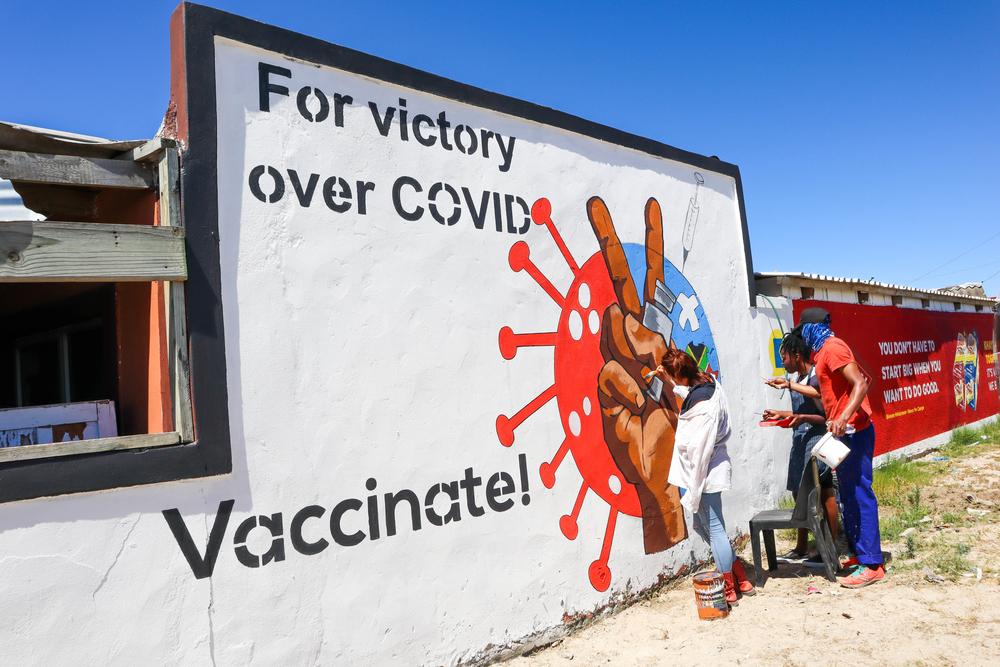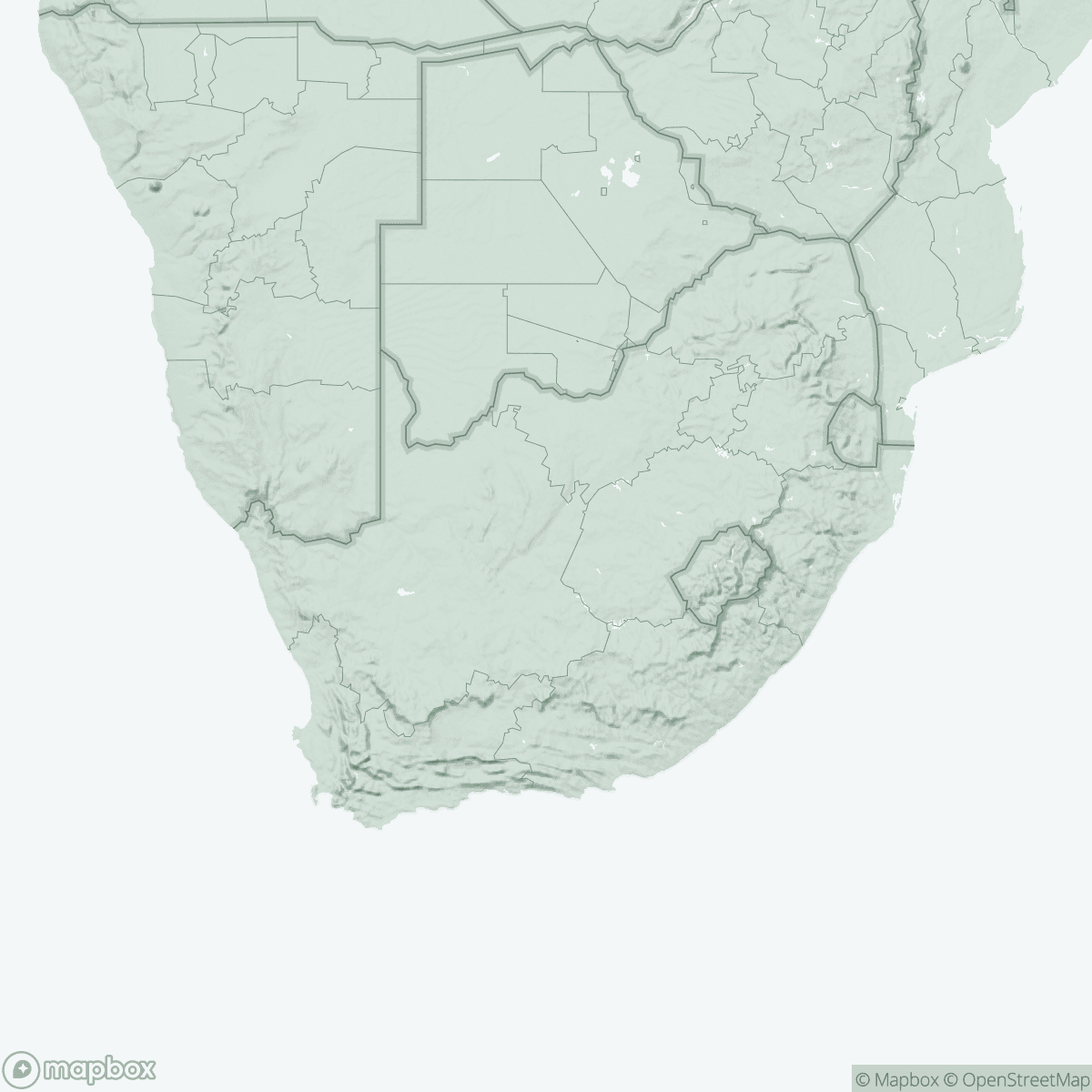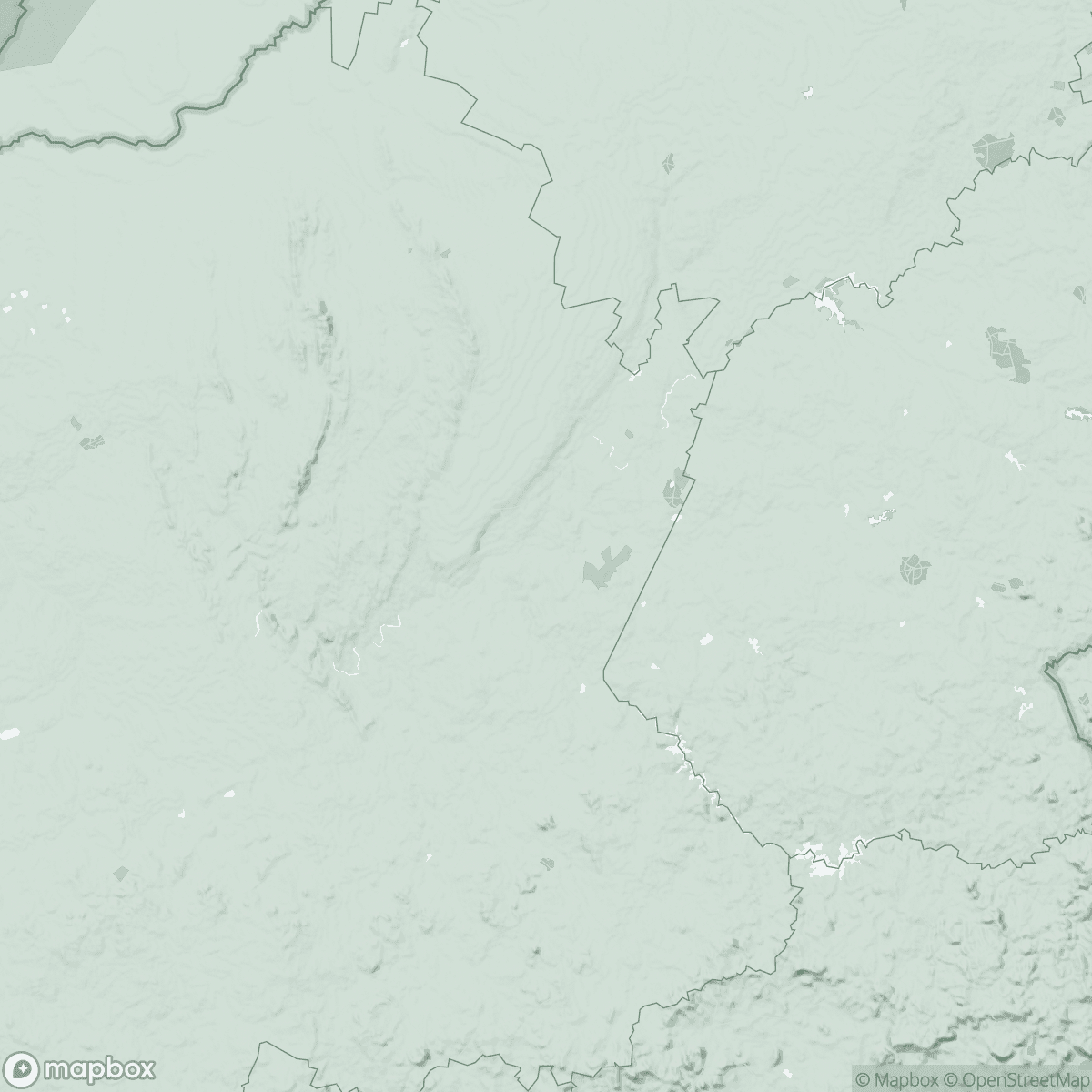
A step forward towards increased COVID-19 vaccine manufacturing capacity in low- and middle-income countries
In 1 click, help us spread this information :
Today, the World Health Organisation (WHO) announced that Egypt, Kenya, Nigeria, Senegal, South Africa and Tunisia will be the first recipients of technology from the COVID-19 mRNA technology transfer centre. The hub aims to support and facilitate technology transfer of the mRNA vaccine platform to interested manufacturers in African countries, as well as other low- and middle-income states, in order to expand local vaccine manufacturing capacity.
The centre's research and development partner, the South African company Afrigen Biologics and Vaccines, has recently succeeded in producing microlitre batches of an mRNA vaccine based on the publicly available sequence of the US pharmaceutical corporation's Moderna vaccine. It has done so despite a lack of support from Moderna even though its vaccine has been largely publicly funded. The timeline for the centre to produce a final mRNA vaccine, and eventual technology transfer to manufacturers, is considerable, but could be significantly shortened if Moderna were to provide technical assistance to the centre.
Kate Stegeman, Advocacy Coordinator of our Access Campaign for the Africa region:
MSF welcomes today's announcement that six countries will receive technology from the WHO COVID-19 mRNA technology transfer centre in South Africa. This announcement marks a positive milestone on the road to scaling up vaccine manufacturing capacity in low- and middle-income countries.
"It is encouraging to see that the mRNA technology transfer centre is getting closer to developing and validating the world's first open access mRNA vaccine production platform. The recent news that Afrigen has succeeded in producing a full prototype mRNA vaccine against COVID-19 based on the Moderna model is a promising first step. However, much more progress is needed, including the development of a more heat-stable version, clinical trials and the development of a large-scale manufacturing process. MSF is therefore urging Moderna, whose vaccine is the most similar to the one designed by Afrigen, to provide technical assistance to the centre to shorten the vaccine production timeline. However, much more progress is needed, including the development of a more heat-stable version, the conduct of clinical trials and the development of a large-scale manufacturing process. MSF is therefore urging Moderna, whose vaccine most closely resembles the Afrigen-designed vaccine, to provide technical assistance to the centre to shorten the vaccine's production timeline.
"While the hub is certainly an important initiative now and for future pandemic preparedness, the fastest way to start vaccine production in African countries and other regions with limited vaccine production remains the complete and transparent transfer of vaccine expertise from already approved mRNA technologies to companies with existing capacity that can be repurposed to produce mRNA vaccines. MSF research has identified more than 100 manufacturers in Asia, Africa and Latin America with the potential to manufacture mRNA vaccines.
"Diversifying mRNA vaccine manufacturing capacity towards low- and middle-income countries should be a global health priority. More regions producing mRNA vaccines as an essential preparation against infectious diseases could strengthen the response not only to COVID-19 and future infectious diseases, but also potentially to existing infectious diseases such as malaria".

